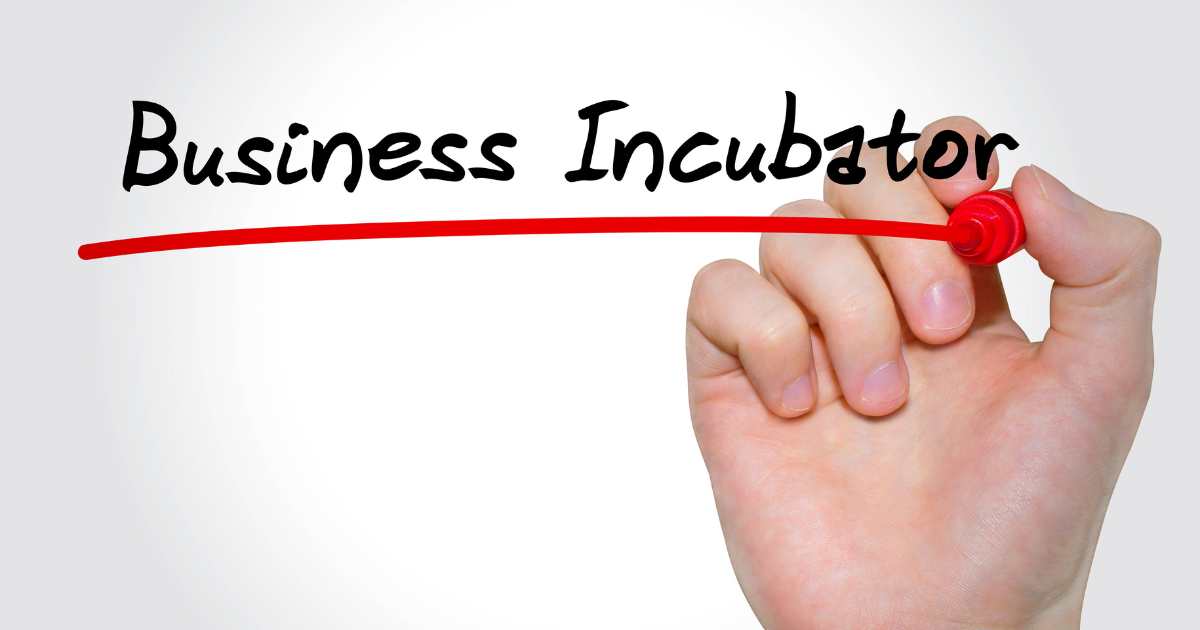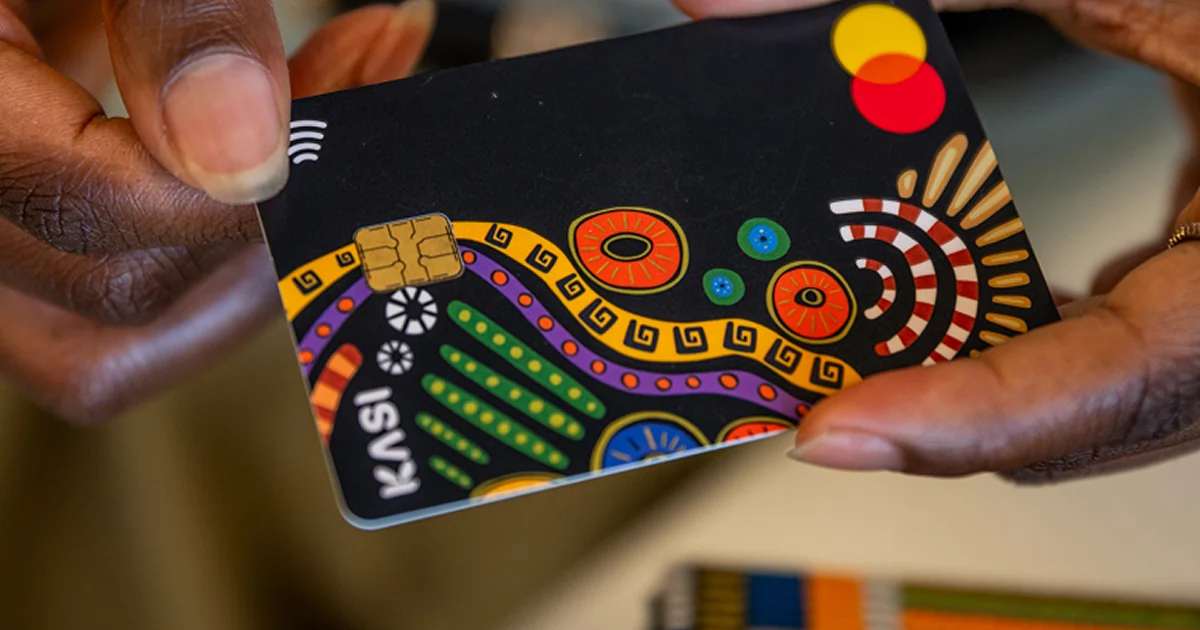
Thanks to companies such as Uber Eats, Mr D and Zulzi, many people prefer ordering their food online. Online ordering is convenient for many people as they don’t have to leave their homes. This model not only works for takeaways and groceries but also for catering services. You can also make money by starting your own online catering services business.
An online catering service has an ordering system solution that allows businesses to manage, streamline and optimise the ordering process. This allows customers to easily order food online, manage their orders and track deliveries.
It’s festive season now which is a great time to start your catering business. If it’s online, you will probably get orders from far and wide which means more money.
In this article, we take you through the steps of starting your own online catering business.
Types of Catering Services
Before you can start your business, you need to know the different types of catering services. This will help you know which one you will specialise in and what it entails.
Corporate Catering Services
Corporate catering is when you provide catering services for businesses and corporate events. These events can be during office hours or after, can range from small to large, casual to formal and sometimes it’s outside.
Businesses typically use catering services for launches, year-end functions or to celebrate expanding or new partnerships.
Wedding Catering Services
Wedding catering is the one that requires a lot of planning, timing and open lines of communication with everyone involved in the wedding. The wedding can be small, big, private or public (celebrities, politicians).
When you cater for a wedding, you need to prepare meals that cater for everyone and their diverse tastes. In addition to that, you might also be asked to bake the cake and also help out with decorations. This is great if you want to make extra money.
Social Event Catering Services
Social events are things like birthday parties, graduation parties, baby and bridal showers and housewarming parties. These events can be quite exclusive and require a lot of careful planning by the caterer.
As the caterer you need to make sure you meet the client’s unique food requirements and cultural beliefs to avoid serving food they don’t eat.
Concession Catering Services
This type of catering service is for sporting events, festivals and concerts. As the caterer, you need to make sure your menu is developed for a diverse crowd. This will make it easier to serve everyone and guarantees that people will find what they want at your stall.
Remember, your catering business does not have to offer just one service. You can have a multi-service business that offers wedding, concession, social catering and corporate catering services.
How to Start Your Online Catering Business
Now that you know what type of catering business you want to start, we can go through the steps you need to follow to start your business.
Step 1: Register Your Business
As with all businesses, you need to register it for legal reasons. You can register your business with the Companies and Intellectual Property Commission (CIPC). You will also need to register with the South African Revenue Services (SARS) for tax requirements.
There are other certificates of compliance you need to register for. These include:
- Certificate of Acceptability.
- Zoning permit.
- Fire safety certificate.
- Liquor licence (if applicable)
Once you have all these permits and have met all compliance requirements, we can move to the next step.
Step 2: Build Your Brand
Since you will be running an online catering business, you need to put a lot of focus on your brand. Some of the things you need to do are:
- Create a logo for your company.
- Develop a website where people can order and view the menu.
- Price your menu by looking at ingredients costs, labour and other things like electricity, water etc.
- Research your competition so you can do better.
- Develop your social media pages and marketing channels.
These things are just the basics of building a brand. Developing your brand is not a once-off thing but rather a consistent practice of updating your website, running marketing campaigns and staying in touch with your customers.
Step 3: Get Your Equipment
You want to run a food business, so there are a number of essential tools you need. These include:
- Stove for cooking.
- Ovens for baking (if applicable).
- Refrigerator to store food and ingredients.
- Cutlery for prepping food.
- Cutting boards for food preparation.
- Mixing bowls.
- Plates and cutlery to serve food.
- Chafing dishes to keep food warm.
- Serving utensils.
- Transportation for when you have to transport food.
- Food containers to keep food hot and fresh.
Step 4: Find and Set up Your Online Ordering System
Now, the whole point of this business is that your services are found online. This means you must have a good online ordering system that will integrate into your website. Some things to look for in an ordering system are:
- Automated menu.
- Payment processing feature.
- Reporting and analytics.
- Scalability.
- User management.
- Automated ordering.
- Customisation options.
- Order tracking.
- Delivery tracking.
- Security solutions.
- Customer support and services tools.
- Delivery scheduling.
- Upselling tool.
- Menu customisation.
- Omni-channel ordering.
- Order management.
Basically, your online ordering system is your e-commerce platform. So you need to choose a platform that is easy to use and makes ordering easy for your customers.
Some platforms to consider are:
GonnaOrder: GonnaOrder is a platform that enables food businesses to accept orders for pickup or delivery directly from your website or social media pages.
Shopify: Shopify is an e-commerce website builder that also has various integrations for payment processing, automated ordering and tracking amongst other things.
Curate: Curate is a platform for catering companies that helps with bookings, proposals for events and streamlining processes.
Using these platforms, you can successfully track, manage and execute all your catering services. Remember that as much as technology makes things easier, it is still up to you to ensure that you are on top of things like orders and that you deliver fresh and tasty food for your clients.
To speak to an expert, visit SME Advice and book an appointment with one of our friendly experts.






